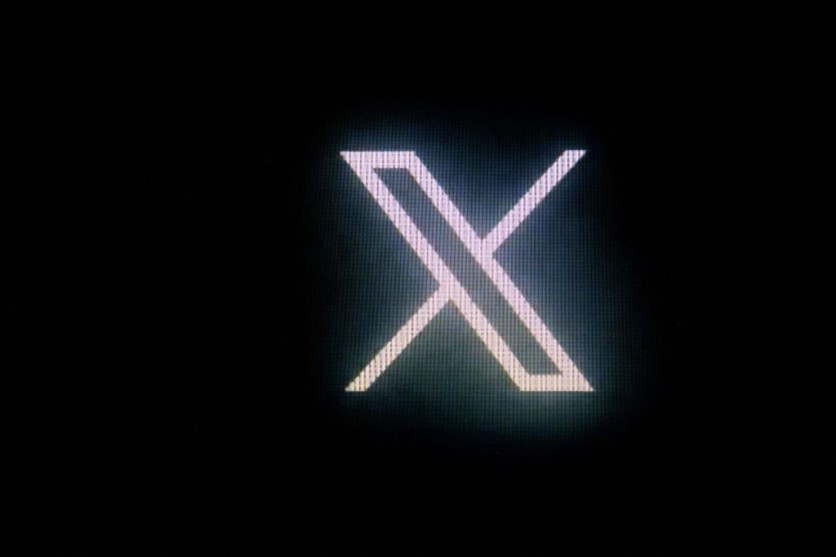The European Union (EU) has launched an investigation against X over the alleged spread of illegal content and disinformation on the platform, which includes terrorist and violent content and hate speech, following Hamas' attack on Israel.
This move follows the EU's recent warning to X for its alleged inaction in addressing illicit content on its platform amid the ongoing conflict in Israel.

EU Starts Investigation Against X
This inquiry marks the inaugural investigation initiated under the EU's Digital Services Act (DSA). According to the DSA, X, a "very large online platform," is required to mitigate the risks associated with disinformation and promptly respond to reports of unlawful content.
In an official statement, the EU's Commission services revealed that they had sent a formal request for information to X, formerly known as Twitter, under the provisions of the DSA.
The request focuses on the alleged propagation of illegal content and disinformation, specifically content linked to terrorism, violence, and hate speech. Additionally, the request encompasses an assessment of X's adherence to other stipulations outlined in the DSA.
Since being classified as a Very Large Online Platform, X is mandated to comply with the comprehensive array of provisions introduced by the DSA in late August.
It encompasses the evaluation and mitigation of risks associated with the dissemination of illegal content, disinformation, gender-based violence, and any adverse impacts on fundamental rights, child rights, public safety, and mental well-being.
The Commission services are now scrutinizing X's compliance with the DSA, which encompasses its policies and practices related to notifications regarding illicit content, handling of complaints, risk assessment, and measures to mitigate identified risks.
They possess the authority to request further information from X to validate the proper application of the law. X is required to furnish the requested information to the Commission services by October 18 concerning the activation and operation of X's crisis response protocol and by October 31 for all other aspects.
Based on the evaluation of X's responses, the Commission will determine the subsequent course of action, which may involve the formal initiation of proceedings according to Article 66 of the DSA.
DSA's Fines for Misleading Information
According to Article 74 (2) of the DSA, the Commission has the authority to impose fines in cases of inaccurate, incomplete, or misleading information in response to a request for information. Failure to respond by the stipulated deadline could lead to the imposition of periodic penalties, according to the commission.
The DSA is a pivotal element in the EU's digital approach, establishing a framework for holding online platforms accountable for issues like disinformation, illicit content, including hate speech, and broader societal concerns. It is founded on fundamental principles and robust protections for user freedoms.
As of April 25, the Commission identified 19 Very Large Online Platforms (VLOPs) and Very Large Search Engines (VLSEs) based on user volume, which exceeds 45 million users or constitutes 10% of the EU population. These platforms are obligated to comply with the extensive regulations outlined by the DSA since late August.
Related Article : X is No Longer Showing Headlines in Posts with Links, Elon Musk Says it Looks Better

ⓒ 2025 TECHTIMES.com All rights reserved. Do not reproduce without permission.




